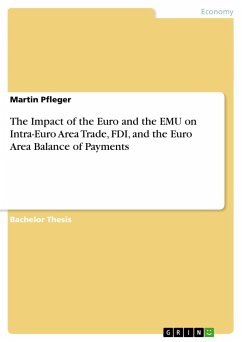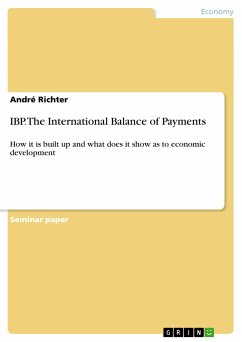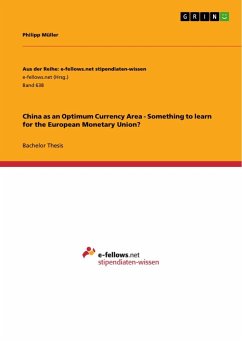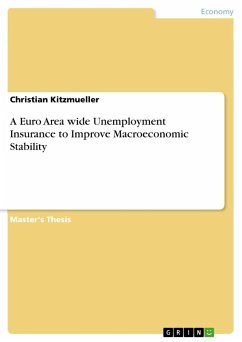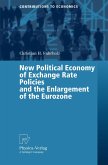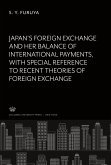Bachelor Thesis from the year 2010 in the subject Economics - Monetary theory and policy, grade: 1, University of applied sciences, language: English, abstract: Although the Euro has already been introduced as an official currency more than 10years ago, the opinions of its effects so far and its future implications on theparticipating countries still vary dramatically. In this study, the author analyzes theeffects of the Euro and the European Monetary Union on intra-Euro area trade,foreign direct investment inflows into the Euro area, and the balance of payments ofthe 11 original Euro member countries. This paper starts with an investigation of thehistorical development of the Euro and the European Monetary Union and anexplanation of the terms intra European trade, foreign direct investment, and thebalance of payments. By comparing results from prior literature and using data frominternational institutions, the results show that intra Euro area trade and foreign directinvestment inflows into the Euro area have increased and that the Euro area balanceof payments is developing towards less surpluses and perhaps even deficits on thecurrent account. On the basis of these findings, the author reasons that the Euroarea has become a more attractive place in which to invest which eventually maylead to constant future current account deficits of the Euro area.
Hinweis: Dieser Artikel kann nur an eine deutsche Lieferadresse ausgeliefert werden.
Hinweis: Dieser Artikel kann nur an eine deutsche Lieferadresse ausgeliefert werden.

